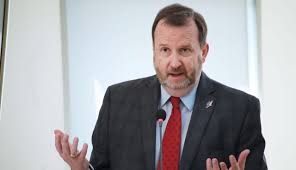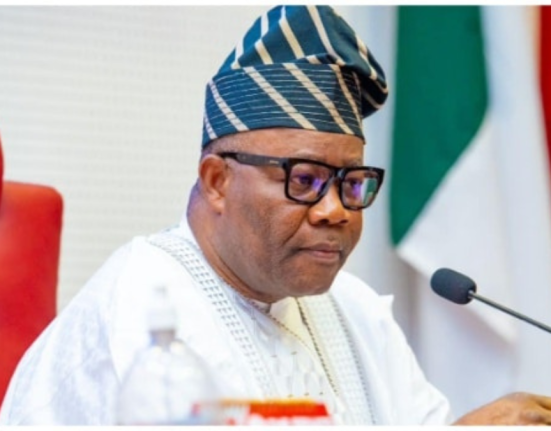The United States is recalibrating its engagement with Nigeria, transitioning from traditional aid to a model centered on private sector-led trade and investment. U.S. Ambassador to Nigeria, Richard Mills Jr., articulated this strategic shift during a recent event at the Lagos Business School, highlighting the need for a partnership that fosters mutual economic growth.
“Over the last few decades, the United States has invested billions of dollars in Nigeria’s health, education, and agricultural sectors, saving lives and creating new economic opportunities,” Mills stated. “However, we have reached what President Trump likes to call an inflection point. Now is the time for us both to build on the strength of these aid investments and for Nigeria to enter a new phase of vibrant private sector-led growth.”
To facilitate this transition, the U.S. and Nigeria have signed a five-year Commercial and Investment Partnership (CIP) agreement. This memorandum of understanding prioritizes collaboration in agriculture, the digital economy, and infrastructure development. Nigeria is among only five African nations to have such an agreement with the U.S., underscoring its strategic importance.
Ambassador Mills emphasized the role of the private sector in driving economic growth, stating, “We are making a shift from aid to trade. We want to engage African nations not as aid recipients, but as capable commercial partners.” He further noted that U.S. ambassadors in Africa will now be evaluated based on the success of business deals rather than the amount of aid distributed, aligning with the broader U.S. strategy to foster mutual prosperity and reduce trade deficits.
The ambassador also acknowledged the Nigerian government’s recent economic reforms, including tax restructuring and efforts to improve the business environment. While recognizing the challenges these reforms pose, Mills expressed optimism about their potential to create a more conducive environment for investment.
However, he identified the country’s inadequate power distribution and transmission capacity as a significant barrier to investment, particularly in the tech sector. To address this, the U.S. is supporting initiatives like Power Africa, which focuses on smaller-scale, off-grid energy solutions to bypass systemic challenges with the national grid.
This strategic pivot aligns with the U.S.’s broader policy shift in Africa, moving away from aid-based support to a focus on trade and commercial engagement. Senior State Department official Troy Fitrell highlighted that U.S. envoys have facilitated 33 trade agreements worth $6 billion in President Trump’s first 100 days, emphasizing that “trade, not aid” is now the guiding principle for U.S. engagement on the continent.








